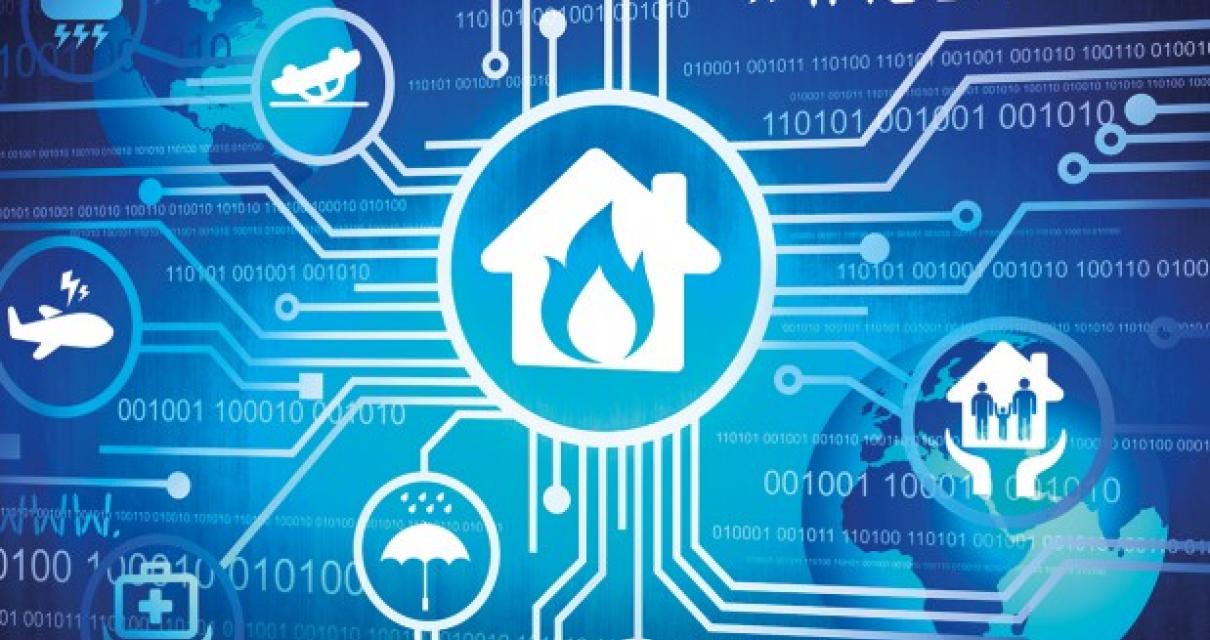How Blockchain Can Be Used In Insurance
Blockchain technology is often seen as a solution to many of the problems with current systems in the insurance industry. For example, it can help to improve transparency and accuracy of data, reduce fraud, and speed up the process of transactions. Here are some specific ways that blockchain can be used in insurance:
1. It can help to improve transparency and accuracy of data.
One of the most important benefits of blockchain technology is its ability to provide transparency and accuracy of data. This is especially important in the insurance industry, where data can often be inaccurate or incomplete. By using a blockchain system, insurers can ensure that all data is accurate and up to date, which can lead to savings on costs and quicker processing times.
2. It can reduce fraud.
Another benefit of using blockchain technology in the insurance industry is its ability to reduce fraud. With a blockchain system, all data is stored on a decentralized network, which makes it difficult for fraudsters to cheat and steal money from insurers. This not only protects insurers from financial damage, but it also reduces the overall cost of insurance premiums.
3. It can speed up the process of transactions.
One of the biggest problems with current systems in the insurance industry is the slow process of transactions. This can lead to long delays in payments and make it difficult for insurers to operate efficiently. By using blockchain technology, transactions can be processed much faster than traditional systems, which can lead to savings for insurers and faster customer service.
Benefits of Using Blockchain in Insurance
There are many benefits to using blockchain in insurance. These benefits can include:
· Reduced costs: Blockchain can help reduce the costs of insurance by allowing for more secure and transparent transactions.
· Increased transparency: Blockchain can help increase transparency in the insurance industry, which can lead to better customer service and more accurate pricing.
· Improved security: Blockchain can help increase security in the insurance industry by creating a tamper-proof record of all transactions.
· Reduced fraud: Blockchain can help reduce fraud in the insurance industry by providing a secure way to verify claims.
How Blockchain Could Improve the Insurance Industry
Insurance companies are notorious for being slow to adopt new technology, but that could be starting to change. Blockchain is a distributed database that can be used to keep track of transactions between parties. It could be used to improve the accuracy of data, speed up transactions, and reduce the risk of fraud.
Blockchain could also help insurers reduce the cost of claims processing. By recording all transactions on the blockchain, insurers could verify the accuracy of insurance claims data and reduce the need for third-party verification. This would save insurers money and time, and make it easier to identify fraudulent claims.
Overall, blockchain could improve the accuracy of insurance data, reduce the cost of claims processing, and speed up transactions. It could even help insurers reduce the risk of fraud. If insurers start to adopt blockchain, it could revolutionize the insurance industry and make it more efficient and affordable for both consumers and providers.
How Blockchain is Transforming Insurance
What is blockchain technology?
Blockchain technology is a distributed database that allows for secure, transparent and tamper-proof transactions. It was invented in 2009 by an anonymous person or group of people under the name Satoshi Nakamoto.
How does blockchain work?
The blockchain is a digital ledger of all cryptocurrency transactions. It is constantly growing as “completed” blocks are added to it with a new set of recordings. Each block contains a cryptographic hash of the previous block, a timestamp, and transaction data. Bitcoin nodes use the block chain to differentiate legitimate Bitcoin transactions from attempts to re-spend coins that have already been spent elsewhere.
What are some applications of blockchain technology?
Some potential applications of blockchain technology include:
- Finance: Distributed ledger technology could be used to create a tamper-proof online system for tracking financial transactions.
- Supply chain: A blockchain could be used to track the movement of goods throughout the supply chain, from manufacturer to retailer.
- Health care: A blockchain could be used to securely share health data between patients, doctors and insurers.
- Property: A blockchain could be used to record the ownership and history of property deeds.

The Future of Insurance with Blockchain
There is no doubt that the future of insurance is going to be led by blockchain technology.
This is because blockchain has the ability to create a more secure and transparent system for handling insurance transactions.
Furthermore, blockchain can also help to reduce the costs associated with insurance transactions.
Overall, these are all major advantages for using blockchain technology in the insurance sector.

How Blockchain is Disrupting Insurance
Blockchain is a distributed ledger system that allows for secure, transparent and tamper-proof transactions. The technology is being used to disrupt the insurance industry by making it easier for customers to access and buy insurance products.
Blockchain has the potential to make the insurance process more efficient by eliminating the need for third-party intermediaries. This would reduce the costs of insurance for customers and make it easier to track claims.
The technology also has the potential to improve transparency by providing customers with real-time information about their insurance policies. This would help them make informed decisions about their insurance coverage and protect them from fraudulent claims.
Overall, blockchain is increasing efficiency and transparency in the insurance sector, which is likely to lead to more customer choice and lower costs.